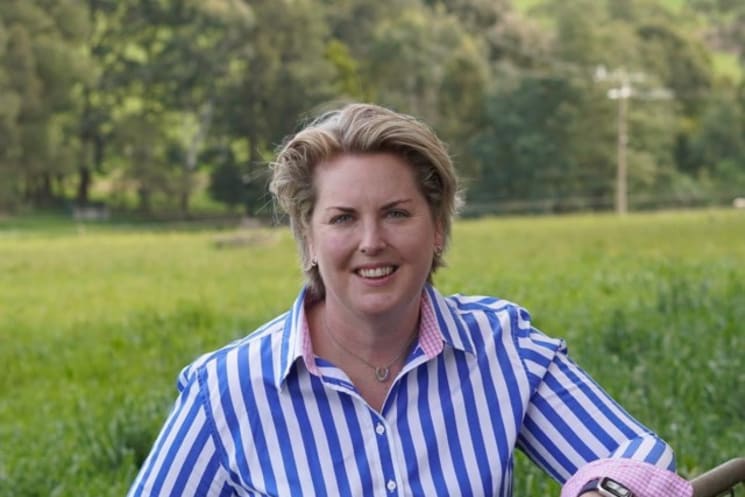
Payment cuts to National Disability Insurance Scheme providers in regional areas need to be paused, according to Member for Monash Mary Aldred.
Speaking in Parliament, Ms Aldred called on the Federal Government to pause cuts to NDIS providers in regional areas, claiming it was disadvantaging people living with a disability.
After meeting with a number of NDIS providers, allied health professionals and plan managers from West and South Gippsland, Bass Coast and the Latrobe Valley, Ms Aldred wrote to the Prime Minister and NDIS Minister in July, asking them to pause the cuts.
Following up on the letter and speaking in parliament, Ms Aldred said fee changes introduced this financial year had reduced physiotherapy funding by $10 per hour and halved travel funding for allied health professionals.
"For regional communities like Monash, these cuts threaten the sustainability of specialist support services for people who need them most.
"I want to thank people living with a disability in Monash who have met with me to discuss how these changes will impact them, along with local providers, allied health professionals and plan managers.
"On 8 July I wrote to the Prime Minister and the Minister for Disability and the NDIS, outlining how these changes will hurt regional Australians living with a disability and those who support them.
"There has been 'crickets' from the government on this, despite the Coalition very reasonably asking for a modest three-month pause on the implementation of these changes, which were due to come into effect from the start of the financial year, to be able to properly account for their impact," Ms Aldred said.
In June, Warragul's Through Life Physiotherapy owner Helen Lowe told The Gazette the NDIS cuts would significantly impact her business.
After a five year price freeze and now a $10 per hour cut, she said her business may not sustain the expected $34,000 annual income loss.
"I love the NDIS, it has given so many people access to so many great services and support. I have lost count of how many children I've taught to crawl, walk, climb and swim...it gives me so much joy to see that," Ms Lowe said.
She explained the new rates were based on an assessment that physiotherapists were over charging NDIS clients. Travel costs also were to be cut 50 per cent under the new pricing structure.
"As allied health workers we do what we do because we love it and we have a moral obligation to care for people so we don't make a fuss about the price. It's a fundamental error that they have based the new structure on," she said.
Ms Aldred told parliament these were not "hypothetical case studies and numbers on a spreadsheet; the consequences of these changes are to real people."
"Among the stories that have most impacted my view on this issue are those of the teenage girl from the Latrobe Valley receiving weekly physiotherapy, without which she would return to being confined in a wheelchair, and the non-verbal child who cannot communicate that he is in pain. His speech therapy is the key that makes the difference every week.
"The reduction in travel funding poses a significant risk to the provision of necessary and ongoing care for people living with a disability in regional communities. It limits the ability of therapists to reach participants, thereby reducing access to vital services," she said.
Ms Aldred said she supported meaningful and practical efforts to ensure the NDIS was run efficiently, but disproportionately impacting regional communities was not the way to achieve it.
"Many of these providers are small businesses; they are not huge corporations and simply cannot absorb the cuts. They will close their doors or not travel to towns where their services are needed the most," she said.





